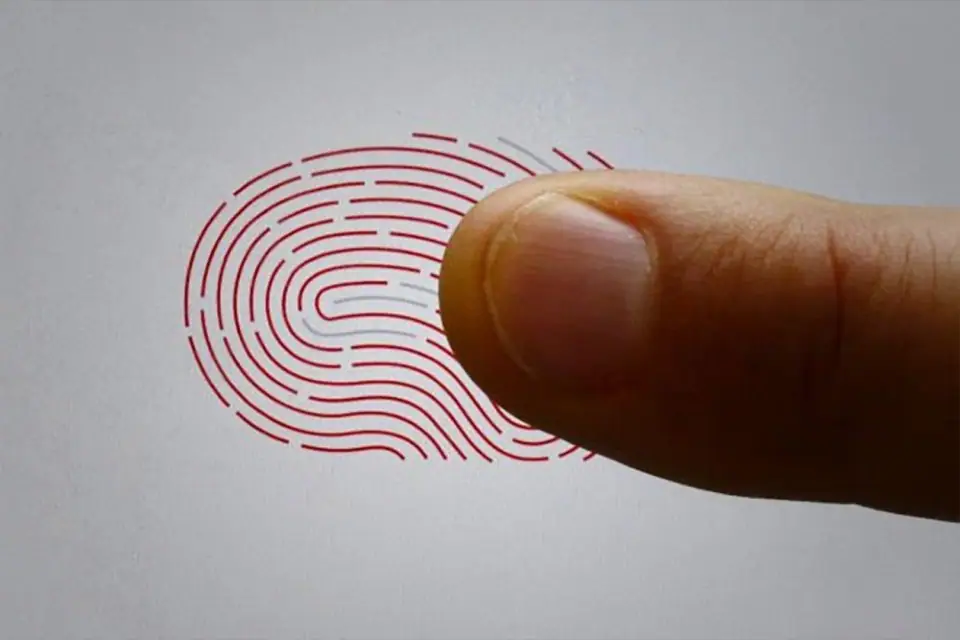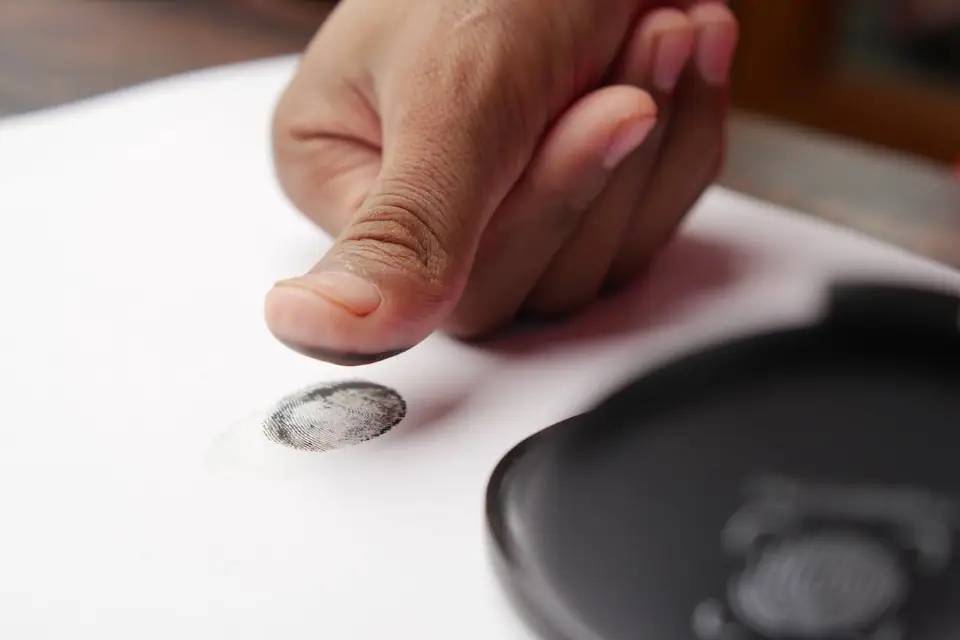If you’re considering venturing into the world of entrepreneurship and are looking for a business that involves minimal overhead costs and a steady stream of demand, starting a fingerprinting business could be an excellent choice. Fingerprinting services are required for various purposes, including background checks, employment screening, licensing, and legal documentation. In this article, we’ll delve into the key factors that influence the cost of starting a fingerprinting business, providing you with a comprehensive understanding of the financial considerations involved in this endeavor.
Understanding the Fingerprinting Business
Before we delve into the costs, it’s important to have a clear understanding of the fingerprinting business. Fingerprinting services are often sought after by individuals, businesses, and government agencies for various reasons. These may include criminal background checks, employment verifications, immigration processes, adoption applications, and more. Fingerprinting businesses play a crucial role in facilitating these services efficiently and accurately.
Licensing and Legal Requirements
One of the initial costs associated with starting a fingerprinting business is obtaining the necessary licenses and meeting legal requirements. The exact requirements can vary by location, so it’s essential to research the regulations in your area. You may need to obtain a business license, undergo background checks, and meet specific training and certification requirements. These costs can vary significantly depending on your location and the complexity of the licensing process.
Location and Space
The location you choose for your fingerprinting business can also impact your costs. If you decide to set up in a high-traffic area, such as a shopping mall or government building, your rent or lease expenses will be higher compared to starting a home-based business. Additionally, you’ll need space for fingerprinting equipment, waiting areas, and administrative tasks, which can influence your overall costs.

Fingerprinting Equipment and Supplies
Investing in the necessary fingerprinting equipment and supplies is another crucial factor to consider. This includes fingerprint scanners, inkpads, fingerprint cards, digital storage systems, and other essential tools for collecting and processing fingerprints. The cost of this equipment can range from a few hundred to several thousand dollars, depending on the technology and quality you choose.
Technology and Software
In today’s digital age, many fingerprinting businesses rely on advanced software for record-keeping, data management, and customer communication. While this technology can streamline your operations and enhance the customer experience, it comes with a price tag. Quality software and database solutions tailored to the fingerprinting industry can cost anywhere from a few hundred to several thousand dollars.
Staffing and Training
You’ll need staff to assist with fingerprinting and administrative tasks. Hiring and training employees is an additional cost to factor in. The number of staff required will depend on the volume of customers you anticipate serving. Training your employees to perform fingerprinting services accurately and professionally is essential to your business’s success.
Marketing and Promotion
To attract customers to your fingerprinting business, you’ll need to invest in marketing and promotion. This includes creating a professional website, business cards, brochures, and online advertising. Budgets for marketing can vary greatly depending on the scale and reach of your promotional efforts.
Insurance
Liability insurance is a must for any business, and a fingerprinting business is no exception. It helps protect your business from potential legal issues and claims. Insurance costs can vary depending on the coverage you choose and your location.
Operating Costs
Once your fingerprinting business is up and running, you’ll incur ongoing operating costs. These include rent or lease payments, utilities, employee salaries, and maintenance expenses. It’s crucial to create a budget that accounts for these recurring costs to ensure the financial stability of your business.

1. What are the typical licensing requirements for a fingerprinting business?
- Licensing requirements can vary by location, but in general, you may need a business license, fingerprint technician certification, and background checks. Research the specific requirements in your area.
2. How much does fingerprinting equipment cost?
- The cost of fingerprinting equipment can vary widely. Basic equipment may start at a few hundred dollars, while more advanced digital systems can cost several thousand dollars.
3. What are the ongoing expenses for a fingerprinting business?
- Ongoing expenses include rent or lease payments, utilities, employee salaries, supplies, and insurance. The exact costs will depend on the size and location of your business.
4. Do I need a physical location for a fingerprinting business?
- While it’s possible to operate a home-based fingerprinting business, having a physical location, such as an office or storefront, can provide more credibility and convenience for customers.
5. How can I promote my fingerprinting business?
- Promoting your fingerprinting business can be done through online marketing, social media, local advertising, and networking with organizations and agencies that may require fingerprinting services.
In Conclusion
Starting a fingerprinting business can be a financially rewarding venture, but it requires careful planning and investment. The total cost of starting such a business can vary significantly based on factors like location, equipment quality, and licensing requirements. Therefore, it’s essential to research the specific requirements in your area, create a comprehensive business plan, and budget accordingly. By understanding the costs involved and providing top-notch services, your fingerprinting business can become a valuable asset in your entrepreneurial journey.

